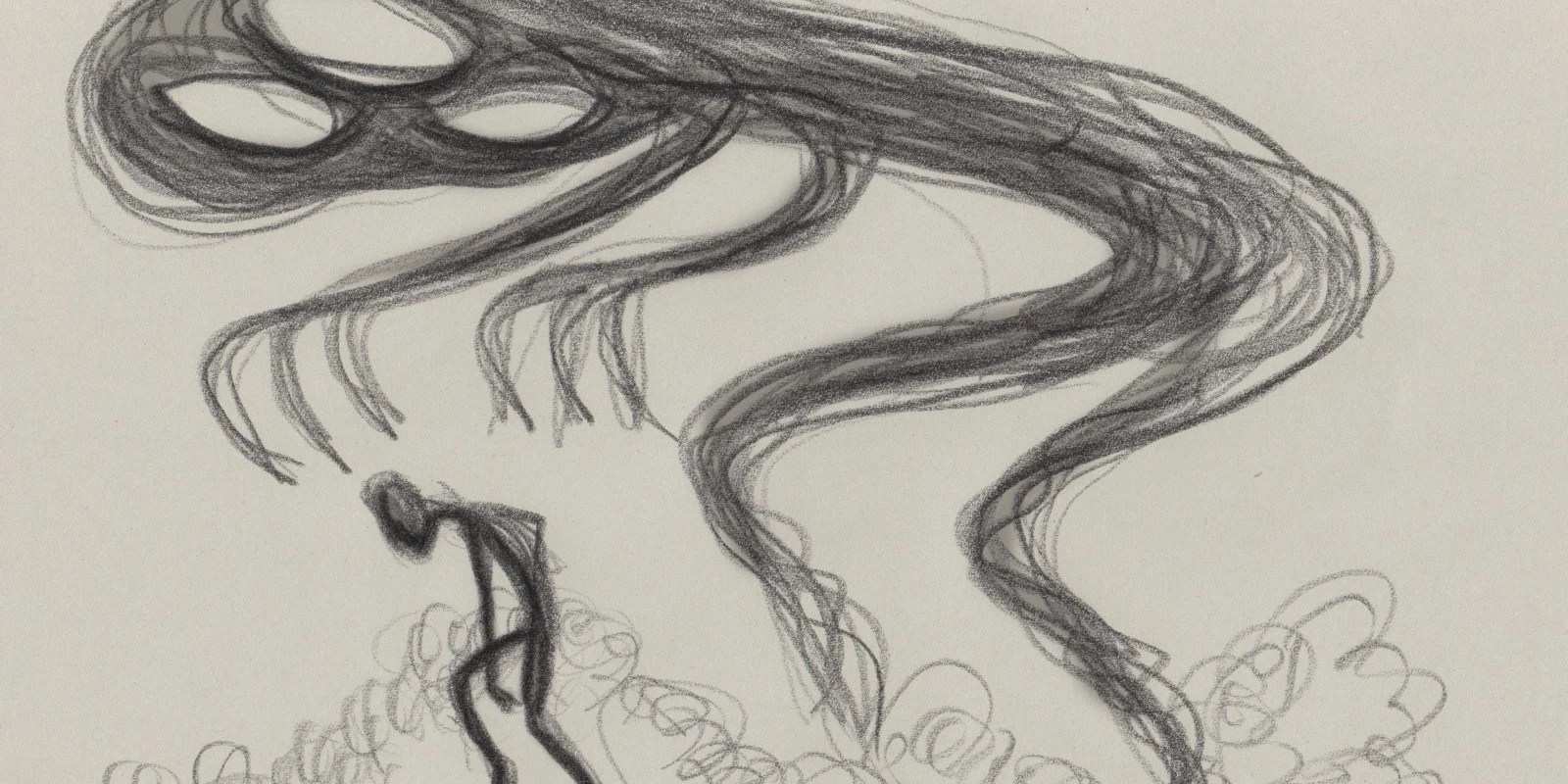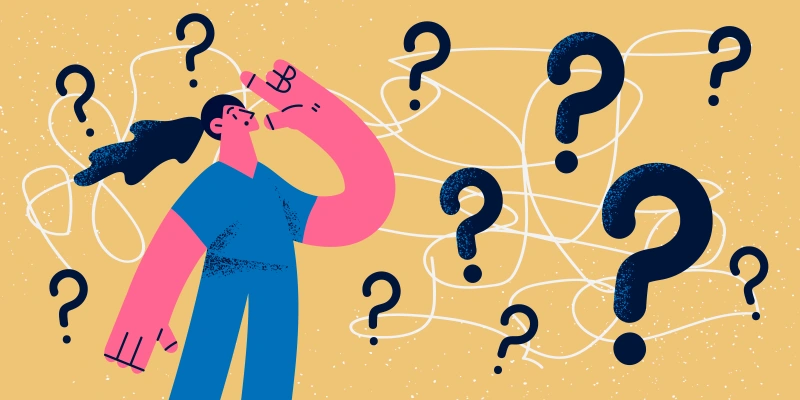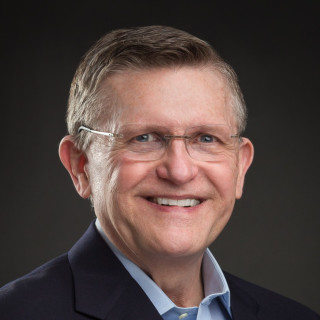
Depression. Anxiety. Bipolar. OCD. Schizophrenia. ADHD. I know many of these diagnoses well as a physician, and I think many of us think about people more by the labels and diagnoses they have than by the people they are.
As a person who has struggled with severe depression since elementary school, I fought the label of “depressed” because it seemed to confirm that I had failed somehow. Shame on me — I couldn’t focus hard enough on the good things. I couldn’t “just relax.” I couldn’t pray hard enough. I couldn’t let go enough. As a depressed teenager who already “knew” I was not and never would be good enough, this “failure” to get over my mood was yet more proof that I was right — once someone really knew me, they would know I was not really good, and all the “good” things about me were just luck or coincidence.
So, I fought hard. I put on a brave face. I faked it until I could get back home and put “Fields of Gold” by Sting on repeat (no clue why — it just seemed melancholy enough with a tinge of hope, I think) or bury my head under the pillow and pray that the horrible knowledge that I was a failure would go away. I thought the world might really be better off if I was not here. I contemplated suicide. I did counseling. Six years worth of counseling. All the way from junior year of high school through to first year of medical school. Along the way, I was encouraged to take an anti-depressant many times, but I resisted because taking that pill would confirm that I was indeed a failure, and, somehow, if I just kept fighting on my own, I wasn’t completely admitting failure. I kept at this all the way until first year of medical school.
After believing I had somehow managed to pull the wool over people’s eyes enough to make it through undergrad (that full-ride scholarship to a private university was obviously a mistake, and the 3.975 GPA in both high school and college was just luck), I was in medical school. And in a new city. And with no close friends. And unsure about my faith. And med school is hard. And my mom got diagnosed with breast cancer. And I was DONE.
I couldn’t fight any longer. My counselor said I needed to start one of those horrible anti-depressants, and I figured since I had failed at everything else, I may as well just fail all the way and admit defeat. So I started taking an anti-depressant.
Nothing much changed, but then about 2 weeks later I was walking down the hallway of med school and someone didn’t smile as I walked past. And I didn’t automatically assume it was my fault.
This was odd. Suddenly I realized that this might be the way normal people think — that someone having a bad day might not automatically be your fault. And as I realized that, I simultaneously realized that I had somehow been robbed of that freedom for the past 22 years!
The realizations that not everything is my fault, that I actually might have something to offer the world, that I was not “good enough” but that I was still loved and valuable regardless — all of these became more solid as the weeks went on. Nothing externally had changed. Med school was still hard. My mom still had breast cancer. I still didn’t know where I was in my faith. But somehow that little pill had changed the way I processed all of that and allowed me to see things more clearly.
Over the past nearly 22 years, I have tried going off anti-depressants, and I go right back into that pit in which I believe I have nothing to offer the world. I have also had to have my medications adjusted over the years as my brain got used to one medication or another. However, I choose to take my anti-depressant every day. I choose this because I know that my brain’s ability to process truth doesn’t work on its own.
I would never wish depression or any other diagnosis on anyone, yet I am incredibly thankful for my depression because it allows me to encourage other people. I am able to share my own struggles with my patients every day. If I, their capable and accomplished physician, take an anti-depressant daily to survive, then maybe it’s not so horrible if they have to take a medication, too. I have shared my story thousands of times in my exam rooms. Women, men, children — so many of us struggle, and we feel like no one else understands what this feels like.
I am able to honestly tell my patients that I know some of what they feel. I get it. I know the fear of telling someone “I have … and I take a medication for it.” However, I also know that I didn’t get to choose what happens to me, but I do get to choose how I respond.
No one can make someone who is depressed or anxious or bipolar or schizophrenic or ADHD or OCD better. This is an impossibility. As a person who has struggled with depression for my whole life, I am living proof that counseling and hard work and supportive family and friends are NOT enough for some people. I am only able to live the life that I have because I choose, every day, to take a small pill that helps my brain biochemistry transmit the signals that normal brains transmit in a way that my brain doesn’t. This medication is not habit-forming. It does not make me happy. It is not addictive, though I am dependent on it, just as I am dependent on oxygen or water. Like anything, there are side effects, and the dose or version of this medication has to be adjusted from time to time. Yet with this small pill I am able to live life fully. I can see my faults and my value. I can feel joy and sadness. I can love others and still understand how their happiness is not dependent on me. I can make it through the really hard days — still dependent on my family, friends and faith — but I can make it.
I am depressed. I have major depression — recurrent, currently in remission. The ICD-10 code for this is F33.40. However, this does not define me, nor does it have to limit me.
Please, if you have been struggling with depression, anxiety, the highs and lows and sleep issues of bipolar, the inability to perceive reality with schizophrenia, the absolute obsession or compulsion to do things or focus on things, or the inability to focus or sit still or pay attention, please know that you are not alone. Please talk to someone safe, then see a counselor or family physician or psychiatrist and ask about how to get help.
On the other side, if you love someone who is struggling, please know that you can’t fix this on your own, and the person who is struggling can’t fix this on their own, either. True depression, anxiety, bipolar disorder and the like usually don’t resolve with just trying harder or getting more exercise or praying harder. You have incredible value, and I pray that you can realize that fully, no matter what your brain might need to process that truth.
Nikki Allen, MD, is a family physician in Union Grove, WI.






